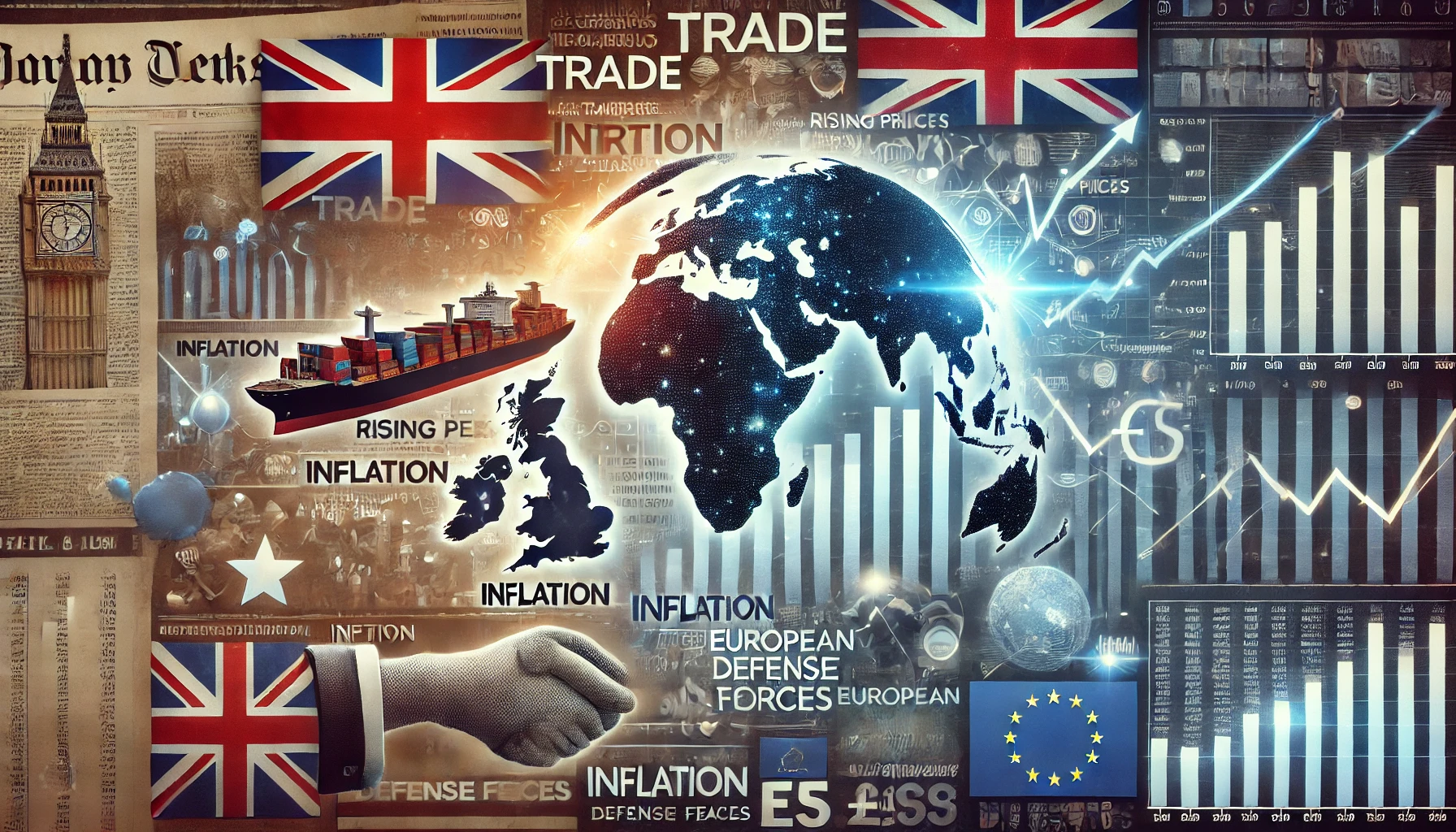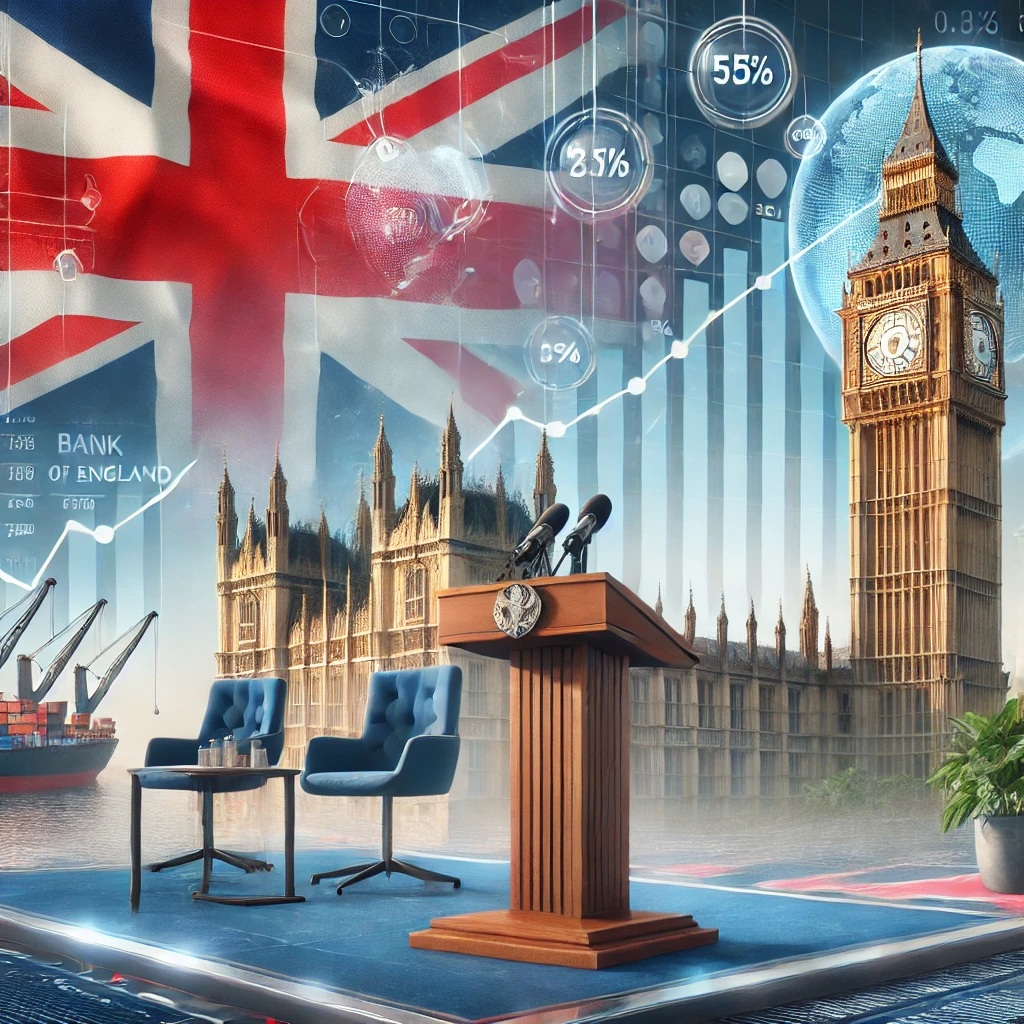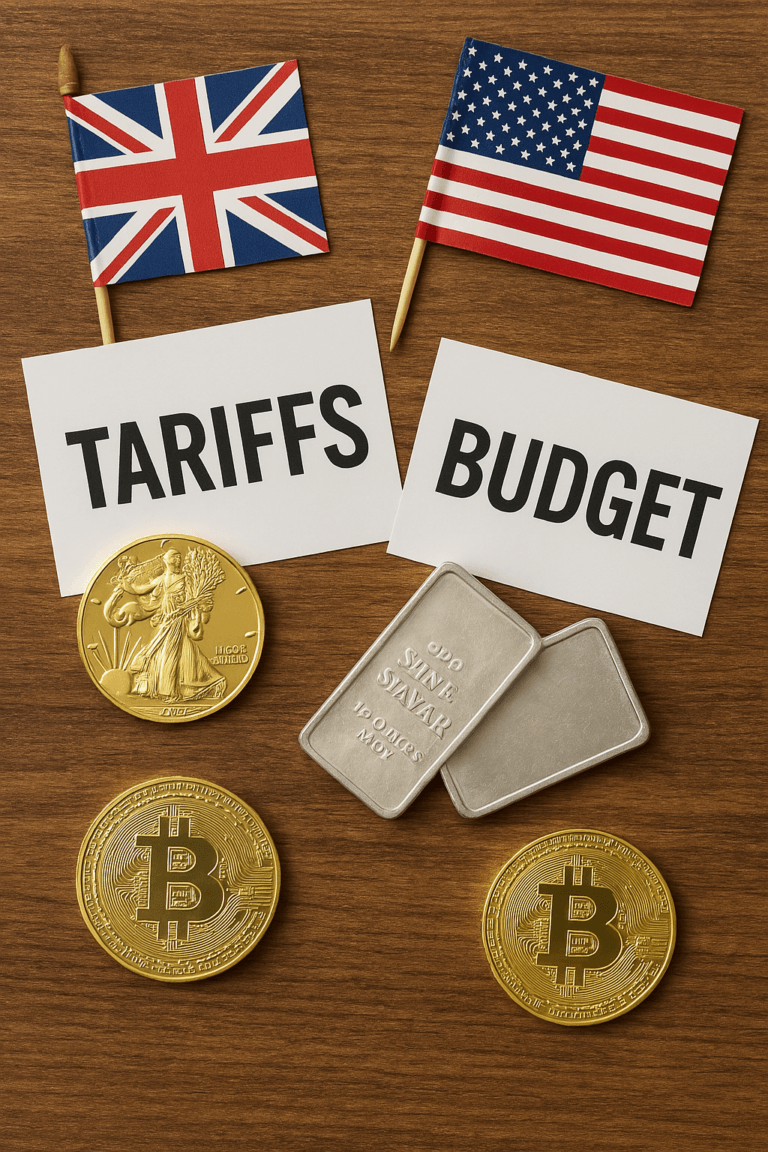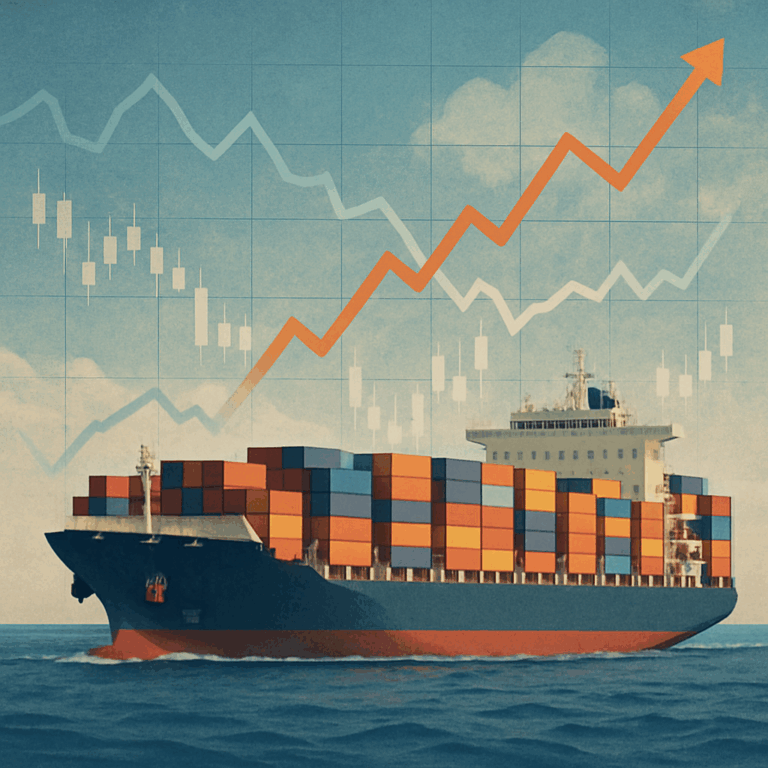Market News And Strategies 15th March
As we move further into 2025, global political and economic landscapes continue to evolve with significant developments impacting the UK, EU, and US. This week saw economic contractions, trade tensions, and key legislative battles shaping the trajectory of major economies. Let’s delve into the most crucial events and what they mean for the future.
Table of Contents
- United Kingdom: Economic Contraction and Trade Negotiations
- European Union: Trade Tensions and Defense Investments
- United States: Inflation Trends and Legislative Battles
- Broader Implications and Future Outlook
- Conclusion
United Kingdom: Economic Contraction and Trade Negotiations
UK Economy Shrinks Unexpectedly
The UK’s economic performance suffered a setback in January, contracting by 0.1% compared to a 0.4% growth in December. This unexpected downturn poses challenges for Chancellor Rachel Reeves as she prepares for the upcoming Spring Statement. The contraction indicates potential economic sluggishness, influenced by weak consumer spending and a decline in business investments.
Inflation and interest rates continue to weigh on the economy, with the Bank of England maintaining a cautious stance regarding monetary policy adjustments. The upcoming fiscal policies from the UK government will be closely watched to see how they aim to reinvigorate growth.
Investment Opportunities and Business Benefits
- Lower Interest Rates Expected – If economic conditions continue to weaken, the Bank of England may be forced to consider rate cuts, creating opportunities for businesses to access cheaper credit for expansion.
- Government Stimulus Measures – Anticipated government incentives, such as tax relief or business support initiatives, may benefit startups and SMEs looking for financial assistance.
- Real Estate Opportunities – A slowdown in economic activity could lead to a temporary dip in property prices, creating an opportunity for investors to buy undervalued assets before the next cycle of growth.
Trade Disputes and Negotiations
The UK government is actively negotiating an economic agreement with the US to secure exemptions from newly imposed tariffs on steel and aluminum. President Trump’s administration implemented a 25% tariff on global steel and aluminum imports, sparking concerns over the potential adverse effects on UK industries. A successful negotiation could prevent economic damage to UK manufacturers, but ongoing uncertainties remain.
Investment Opportunities and Business Benefits
- New Supply Chain Strategies – With potential disruptions to steel and aluminum imports, UK businesses may explore local sourcing alternatives, creating growth for domestic suppliers.
- Export Diversification – Companies looking to hedge against trade uncertainties may explore new markets in Asia and the Middle East to diversify revenue streams.
Parliamentary Debates on Crime and Employment Rights
In domestic policy, the UK Parliament deliberated on critical legislative matters, including the Crime and Policing Bill and the Employment Rights Bill. These discussions reflect the government’s commitment to addressing law enforcement concerns and improving workers’ rights amidst an evolving labor market.
European Union: Trade Tensions and Defense Investments
Retaliatory Tariffs Against the US
Following the US’s move to impose steel and aluminum tariffs, the EU is preparing retaliatory measures, which could result in new trade conflicts. The American Chamber of Commerce to the EU has warned that these escalating tensions could jeopardize approximately $9.5 trillion in annual transatlantic business, affecting sectors from automotive to consumer goods.
Investment Opportunities and Business Benefits
- Manufacturing Reshoring – With rising trade barriers, EU companies may consider moving production back to Europe, providing investment opportunities in industrial real estate and logistics.
- Stock Market Volatility – Trade tensions create price fluctuations in European markets, allowing traders and investors to capitalize on short-term movements.
Increasing Defense Spending Amid Global Security Concerns
EU member states are ramping up defense investments in response to evolving global security dynamics. Germany, for instance, has announced plans for substantial increases in defense and infrastructure spending to enhance military capabilities. This shift marks a broader European strategy to reduce reliance on NATO and strengthen internal defense mechanisms amid geopolitical uncertainties, particularly in Eastern Europe.
Investment Opportunities and Business Benefits
- Defense Sector Growth – Companies involved in military technology, cybersecurity, and infrastructure development stand to benefit from increased EU defense budgets.
- Infrastructure Investments – Governments may accelerate spending on infrastructure projects, creating opportunities for private investment and public-private partnerships.
Legislative Developments in the European Parliament
The European Parliament held plenary sessions addressing key policy areas, including European defense, social policies, and regulations affecting the automotive industry. These discussions signal the EU’s focus on both internal cohesion and strategic positioning on the global stage.
United States: Inflation Trends and Legislative Battles
Trade Policy: US Tariffs Spark Global Concerns
The Trump administration’s decision to impose a 25% tariff on steel and aluminum imports has triggered strong reactions from international trade partners. The EU and UK, among others, are exploring countermeasures, raising fears of a broader trade war. Additionally, President Trump has threatened a 200% tariff on European wine, a move that could severely impact transatlantic trade relations.
Investment Opportunities and Business Benefits
- Commodities and Alternative Investments – With rising tariffs on metals, investors may look to commodities like rare earth minerals and alternative materials as lucrative investment options.
- Domestic Manufacturing Boom – US companies involved in steel and aluminum production may experience growth as import restrictions drive demand for domestic suppliers.
Inflation Declines, Opening Door for Rate Cuts
US inflation declined more than expected in February, dropping to 2.8% from January’s 3.0%. This marks a shift that could influence the Federal Reserve’s monetary policy decisions. Lower inflation levels could lead to interest rate cuts later this year, potentially stimulating economic growth but also raising concerns over long-term financial stability.
Investment Opportunities and Business Benefits
- Stock Market Growth – Lower interest rates typically boost equity markets, creating favorable conditions for long-term investors.
- Real Estate and Mortgage Opportunities – A potential decline in borrowing costs may lead to increased real estate activity, benefiting both investors and homebuyers.
Legislative Conflicts: Government Funding and Political Disputes
Senate Minority Leader Chuck Schumer faced internal party backlash for supporting a Republican spending bill aimed at preventing a government shutdown. His move, which some Democrats viewed as a concession, highlights ongoing tensions in US politics. The spending bill’s passage remains crucial for maintaining government operations, but political divisions may complicate negotiations further.
Broader Implications and Future Outlook
Potential Economic Fallout from Trade Disputes
The global economic environment is increasingly influenced by protectionist policies, as seen in the US-EU tariff standoff. If tensions escalate, they could lead to economic slowdowns and reduced trade activities, impacting multiple industries worldwide.
Shifting Defense Strategies in Europe
The EU’s increased defense investments suggest a shift toward greater self-reliance, particularly in light of uncertainties regarding US commitments to NATO. This move could redefine global security alliances and European military policies in the coming years.
US Economic Policy and Election-Year Dynamics
With the 2025 presidential election approaching, US economic policies will likely become more aggressive in protecting domestic industries. Trade, inflation control, and fiscal spending will be key areas of focus for both parties as they shape their campaign strategies.
Conclusion
This week’s developments in the UK, EU, and US highlight the ongoing challenges and strategic maneuvers shaping the global economy. From trade disputes to economic contractions and political conflicts, these events will have far-reaching consequences in the months ahead. Businesses, investors, and policymakers must stay vigilant as they navigate this complex and evolving landscape, identifying new opportunities amid the uncertainty.

Karen Newton is a Business and Wealth Strategist, 3x International Bestselling Author, and founder of Karen Newton International. She combines practical experience with AI-Powered Entrepreneurship to help smart entrepreneurs build online income, invest strategically, and create long-term wealth through business growth, investments and joint ventures.







